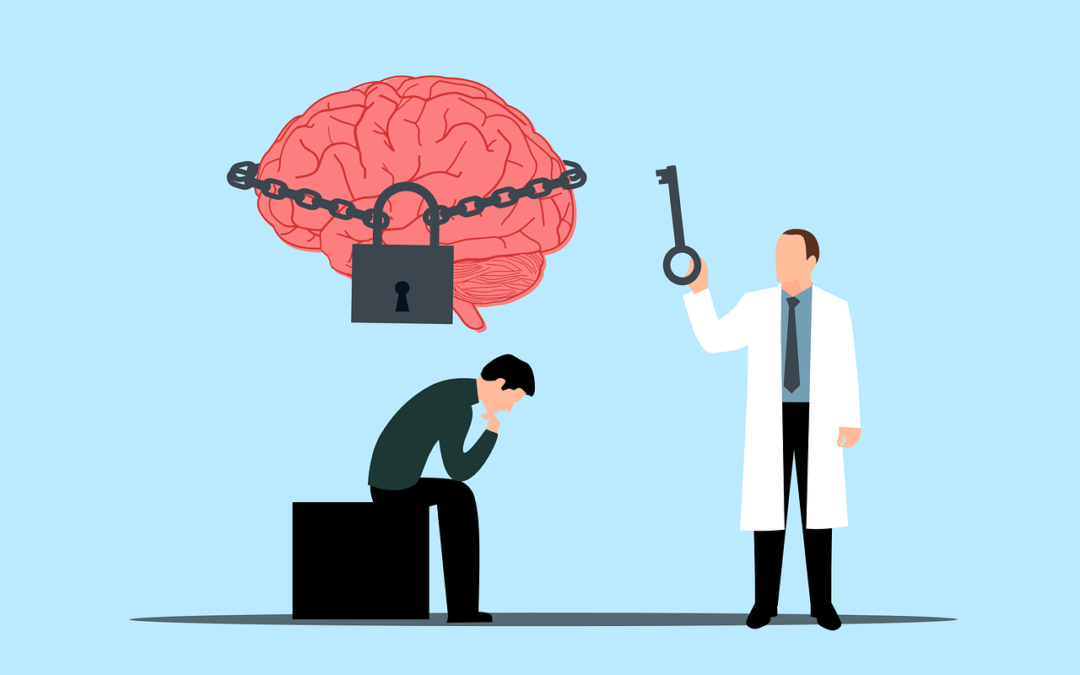Counseling and psychology are dynamic and constantly evolving fields, and it is important for professionals to continually strive to improve their skills and knowledge. There are numerous ways to improve your expertise and capabilities, whether you are just starting out or have been practicing for years. The opportunities for advancement are limitless, from advanced degrees to ongoing professional development. You can stay at the forefront of your field, provide the best possible care for your clients, and achieve a greater sense of fulfillment in your work by taking a proactive approach to self-improvement. Here are some ways you can do just that:
Utilize online resources
There are a plethora of online resources available to help you improve your counseling skills and knowledge in today’s digital age. You can broaden your reach and work with clients from a distance by utilizing online therapy platforms and teletherapy tools. Many online courses, webinars, and workshops are also available to help you further your education. Participating in online discussion forums and social media groups can also provide opportunities to network with other professionals while staying up to date on the latest trends and developments in the field. However, it is critical to be selective and critically evaluate the information and resources you access online, as well as to always follow ethical guidelines and regulations pertaining to online therapy.
Read and stay informed
It is critical to stay current with the latest research and theories in psychology and counseling if you want to improve your skills. Reading journals, books, and articles can provide a wealth of information and help you broaden your knowledge of the field. Attending professional workshops and seminars can also help you stay up to date on the latest developments. Take the time to review the most recent research and trends in your field on a regular basis, and consider subscribing to relevant professional journals and newsletters.
Invest in your education
Continuing your education is one of the most important things you can do to improve your counseling skills. Pursuing advanced degrees in psychology or counseling, such as a master of psychology, can deepen your knowledge and understanding of the field. You can also attend workshops and conferences that focus on specific aspects of the field. This not only keeps you up to date on the latest theories and techniques, but it also allows you to network with other professionals. Consider taking courses in specific therapeutic approaches or specialties on which you want to concentrate, such as couples therapy, trauma, or addiction.
Collaborate with colleagues
Collaboration with other counselors and psychologists can allow for the exchange of ideas, experiences, and best practices. Professional organizations, such as the American Psychological Association or the American Counseling Association, can provide opportunities to network with others in the field. Creating a therapy or study group with coworkers can also provide a supportive environment for discussing cases and exchanging ideas. Collaborating with others can help you stay inspired and motivated while also improving your skills and knowledge in the field. Take advantage of networking opportunities with other professionals, and be open to constructive feedback and criticism from colleagues.
Consider seeking supervision
Working with an experienced supervisor can provide valuable insights and feedback on your performance as a counselor. A supervisor can assist you in identifying areas for improvement and advising you on how to implement changes. They can also provide encouragement and support as you work through difficult cases. Consider finding a supervisor with a similar style and approach to your own, and make sure to openly communicate your supervision needs and goals. Regular supervision is essential for ensuring that you are providing effective and ethical care to your clients, and it can aid in continuously refining and improving your skills as well.
Continue practicing and growing
The more clients you work with, the more opportunities you will have to hone your skills. Seek out opportunities to work with diverse populations, such as people from different cultural and socioeconomic backgrounds, as well as those who have different issues and problems. This will allow you to hone your skills and gain experience working with a diverse group of people. Seek out diverse internship or volunteer opportunities, and actively seek out clients with unusual or difficult cases.
Don’t overlook self-care
Taking care of yourself is critical to being an effective counselor. Being over-stressed and fatigued can negatively impact your ability to help others. Make sure to engage in self-care activities, such as exercise, meditation, and spending time with loved ones. It’s also important to set boundaries with work to ensure that you are not working excessive hours. Remember to prioritize self-care and make it a regular part of your routine, as it can help to reduce stress, improve focus, and increase overall well-being.
In conclusion, improving your counseling skills and psychology knowledge is a continuous process that requires commitment and effort. You can improve your ability to help others and advance in your profession by furthering your education, seeking supervision, staying informed, engaging in self-care, and practicing on a regular basis.
Image by Mohamed Hassan from Pixabay



